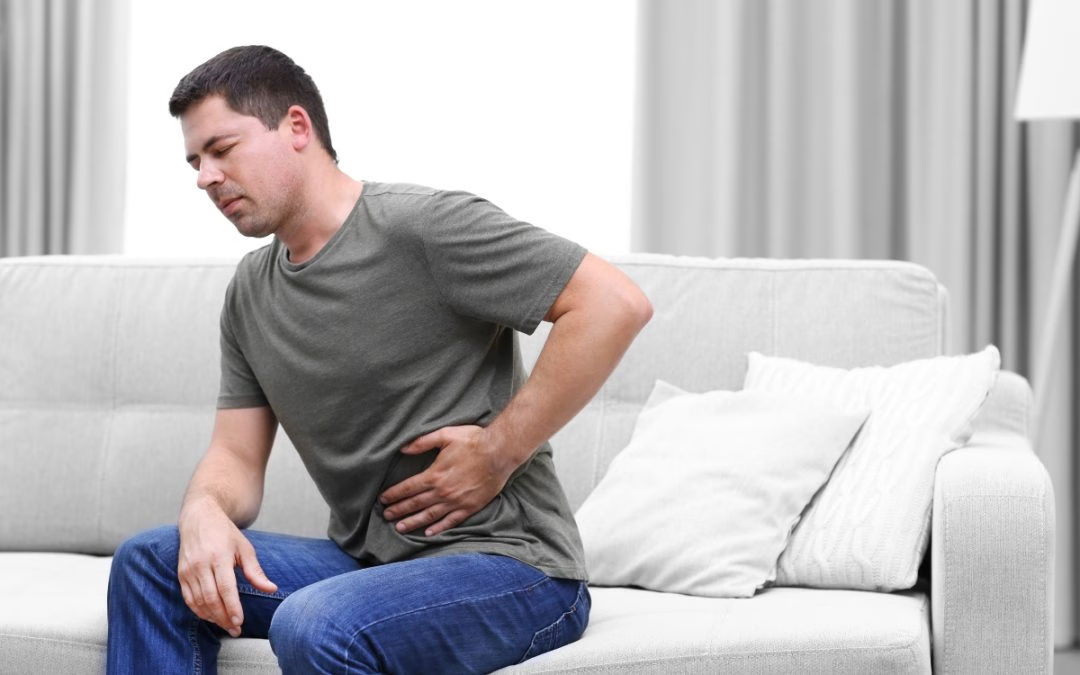
Food poisoning is an uncomfortable and often unpredictable condition that can affect anyone. Whether it’s after a family picnic, dining out at Stock & Barrel, or preparing a homemade meal, food poisoning can strike at any time. While most cases are mild and resolve on their own, there are instances where it can become severe and even life-threatening. In this article, we’ll explore what food poisoning is, its symptoms, causes, severity, treatment options, and when you should seek medical attention at AFC Knoxville.
What is Food Poisoning?
Food poisoning, also known as foodborne illness, occurs when you consume contaminated food or beverages. Bacteria, viruses, parasites, and toxins are common culprits behind the contamination. The symptoms of food poisoning can range from mild nausea and stomach cramps to more severe vomiting, diarrhea, and fever. While it typically clears up within a few days, it can become dangerous if not treated properly, especially in vulnerable populations such as young children, the elderly, and pregnant women.
Common Symptoms of Food Poisoning
The symptoms of food poisoning vary depending on the type of contaminant involved. In general, the most common symptoms include:
- Gastrointestinal distress: Nausea, vomiting, diarrhea, and abdominal cramps are hallmark symptoms of food poisoning.
- Systemic symptoms: Fever, muscle aches, fatigue, and loss of appetite often accompany the illness.
- Digestive upset: Bloating, excessive gas, and indigestion may also occur.
These symptoms can begin within hours of consuming contaminated food or drink, though it may take days for symptoms to develop, depending on the type of bacteria or virus involved.
Causes of Food Poisoning
Food poisoning is typically caused by harmful microorganisms that contaminate food during production, handling, or preparation. The most common causes of foodborne illness include:
- Bacteria: Salmonella, E. coli, and Campylobacter are some of the most well-known bacteria responsible for food poisoning. These bacteria thrive in improperly cooked or handled foods, particularly poultry, eggs, and dairy products.
- Viruses: Norovirus and hepatitis A are viruses that can contaminate food or beverages and cause symptoms like vomiting and diarrhea.
- Parasites: Parasites such as Giardia and Cryptosporidium can be present in undercooked meat or contaminated water.
- Toxins: Some bacteria, like Staphylococcus aureus, produce toxins that can lead to food poisoning even if the bacteria are no longer alive.
Preventing food poisoning begins with proper food handling, cooking, and storage practices. For instance, ensuring food is cooked to the right temperature, washing hands regularly, and keeping raw and cooked foods separate are all effective ways to minimize risk.
How Serious is Food Poisoning?
While food poisoning is often a mild illness, it can become serious in certain situations. Most healthy individuals will recover within a few days with adequate rest and hydration. However, in severe cases, the illness can lead to dehydration, prolonged discomfort, or complications that require medical intervention.
Potential Complications:
Dehydration: Prolonged vomiting and diarrhea can lead to dehydration, which is a significant concern, especially in young children and older adults. Dehydration can cause dry mouth, excessive thirst, dark-colored urine, and infrequent urination.
High fever: A temperature above 101.5°F (38.6°C) may indicate a more serious infection.
Organ damage: Certain foodborne illnesses, like those caused by E. coli, can cause serious complications such as kidney failure, particularly in vulnerable individuals.
How to Treat Food Poisoning
In most cases, food poisoning can be managed at home with rest, hydration, and a light diet. Here are some common steps for managing mild symptoms:
- Hydration: Drink plenty of fluids to prevent dehydration. Water, clear broths, or oral rehydration solutions are best. Avoid sugary drinks, caffeine, and alcohol, as they can worsen dehydration.
- Rest: Allow your body time to recover by getting plenty of rest.
- Bland diet: Once you feel able to eat, stick to easy-to-digest foods such as crackers, rice, applesauce, and toast (the BRAT diet).
- Over-the-counter medications: Medications like anti-diarrheal agents (e.g., loperamide) can help reduce symptoms in some cases. However, avoid these for certain types of bacterial infections, as they can slow the elimination of the bacteria.
While most people recover on their own, there are times when medical care is necessary.
When to Seek Medical Attention at AFC Knoxville
Although food poisoning often resolves with self-care, it’s important to recognize when symptoms may require medical intervention. Consider seeking care at our clinic if you experience any of the following:
- Severe or persistent symptoms: If vomiting or diarrhea lasts more than 48 hours or is particularly severe, it’s important to seek care.
- Signs of dehydration: If you notice signs of dehydration, such as dry mouth, infrequent urination, dizziness, or extreme thirst, it’s essential to get medical help.
- High fever: A fever above 101.5°F (38.6°C) could indicate a more serious infection and should be evaluated by an AFC provider.
- Special populations: Pregnant women, young children, the elderly, and those with weakened immune systems are at a higher risk for complications and should seek medical attention early if symptoms arise.
While food poisoning is a common and often mild illness, it can pose serious health risks if not properly managed. By understanding the symptoms, causes, and treatment options, you can better protect yourself and your loved ones. Most cases resolve with rest and hydration but don’t hesitate to seek medical attention at our clinic if symptoms are severe or persistent. Our team is here to provide timely, expert care when you need it most.
If you’re in the Knoxville area and looking for more information on preventing foodborne illnesses or seeking immediate care, we encourage you to explore local resources and enjoy the vibrant community we are proud to serve.